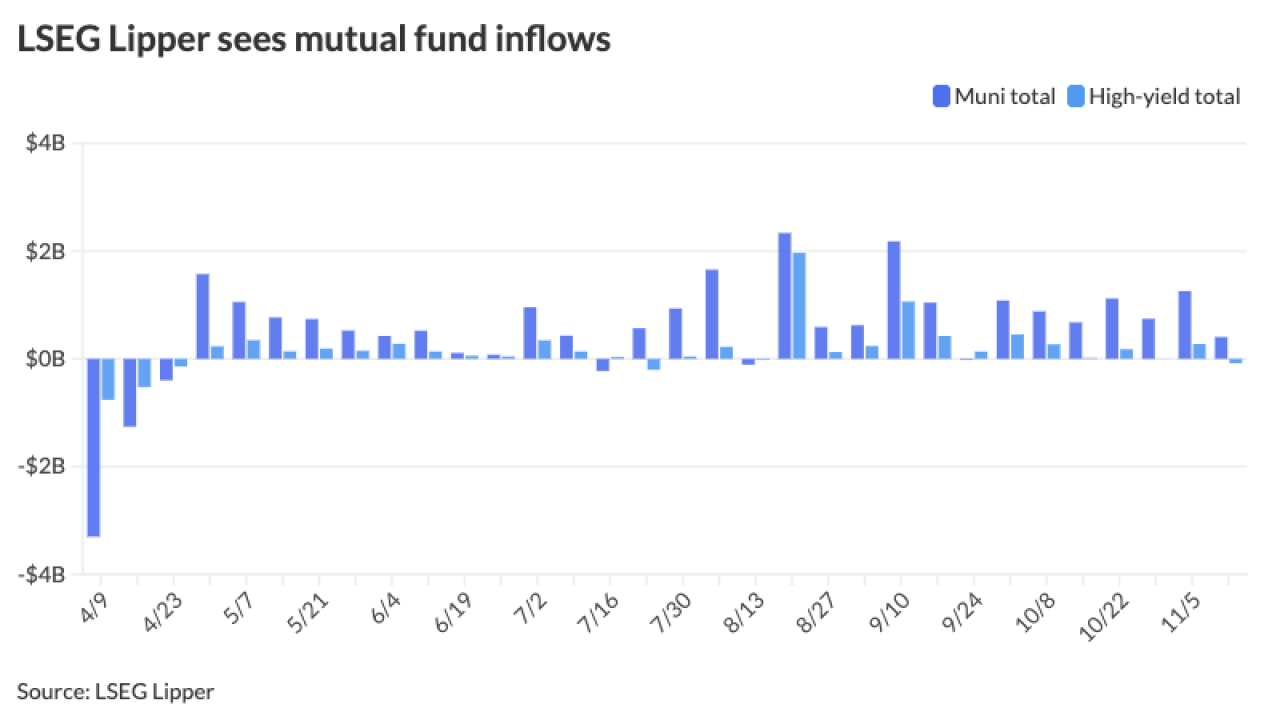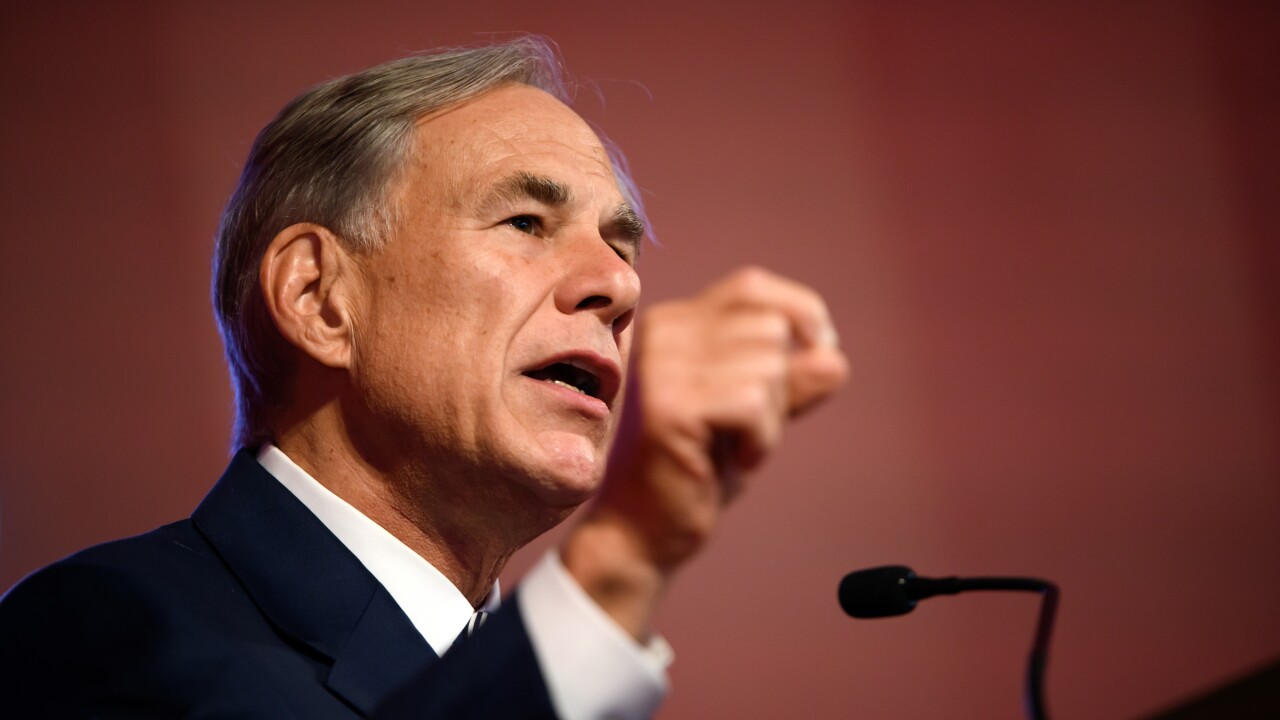
CHICAGO – Chicago Public Schools' chief financial officer, Ginger Ostro, is leaving the troubled district to take over a non-profit education policy organization.
Ostro's departure from the financially distressed, junk-rated district was not unexpected in the public finance community after new schools chief Forrest Claypool brought finance professional Ronald DeNard over from the Chicago Transit Authority and gave him the post of vice president of finance.
Ostro led public presentations during board meetings and on conference calls about the fiscal 2016 budget but DeNard's name and title appeared ahead of Ostro's on a recent private placement offering statement and it's his signature on the documents.
DeNard's relationship with Claypool, the former head of the CTA, dates to their tenures at the Chicago Park District.
Chicago Mayor Rahm Emanuel tapped Claypool to lead the district in July after chief executive officer Barbara Byrd-Bennett was ousted over a contract scandal that later led to federal charges.
Advance Illinois made the announcement Tuesday that Ostro would take the helm of the organization on Jan. 4. She was selected after a national search. The organization hopes to influence policy as the state implements new standards and assessments, rethinks teacher and principal development and the use of data, and potentially considers a new school aid funding formula.
"We are delighted to have someone of Ginger's caliber at the helm. She not only understands policy, but she also knows education finance and has a deep understanding of the state policymaking process," said Ellen Alberding, board member and president of the Joyce Foundation. Ostro replaces founding executive director Robin Steans.
"The coming months and years will be critical for Illinois' students, and Advance Illinois will play a key role in forging solutions and shaping policy to help all our students succeed," Ostro said in a statement.
Ostro joined CPS' finance team in 2011 and was elevated to CFO in June 2014. She worked in the Illinois Office of Management and Budget from 2003 to 2009, rising to budget director during her tenure.
The district is struggling to remain afloat.
Standard & Poor's recently put the Chicago Board of Education's BB rating on CreditWatch with negative implications.
"The CreditWatch action is based on our view of the board's lack of progress in meeting the assumptions in its fiscal 2016 budget for Chicago Public Schools," wrote Standard & Poor's analyst Jennifer Boyd.
The district's budget assumes it will receive $480 million of pension help from the state government.
With leaders in Springfield feuding over the more than five-month overdue state budget, little headway has been made in getting lawmakers on board with fiscal support for the school district.
The district has warned of thousands of layoffs early next year without the state help and the Chicago Teachers Union has countered that such a move could drive a strike.
The district is planning a $1 billion deal but has pushed the sale off until the new year. In addition to $500 million for ongoing capital projects, the district will use the deal to push off $250 million of principal payments for budget relief, and cover fees to cancel swaps now in default due to its credit deterioration.
The district's $6.4 billion budget relies on $200 million of previously announced cuts, the $480 million of hoped-for state help to make the district's $688 million teachers' pension fund payment, $250 million of debt restructuring, $75 million from reserves, $62 million from tax-increment financing surplus revenues, and $80 million in higher property tax revenue to close a billion dollar deficit.
Moody's Investors Service, Fitch Ratings, and Standard & Poor's all have pushed the board's $6 billion of general obligation debt down to junk. Fitch assigns a BB-plus rating and has the rating on negative watch which, as does S&P's watch, implies more near-term risks. Moody's rates the board's debt Ba3 with a negative outlook. The district retains one investment-grade rating, from Kroll Bond Rating Agency, which dropped the credit two notches to BBB-minus over the summer.





